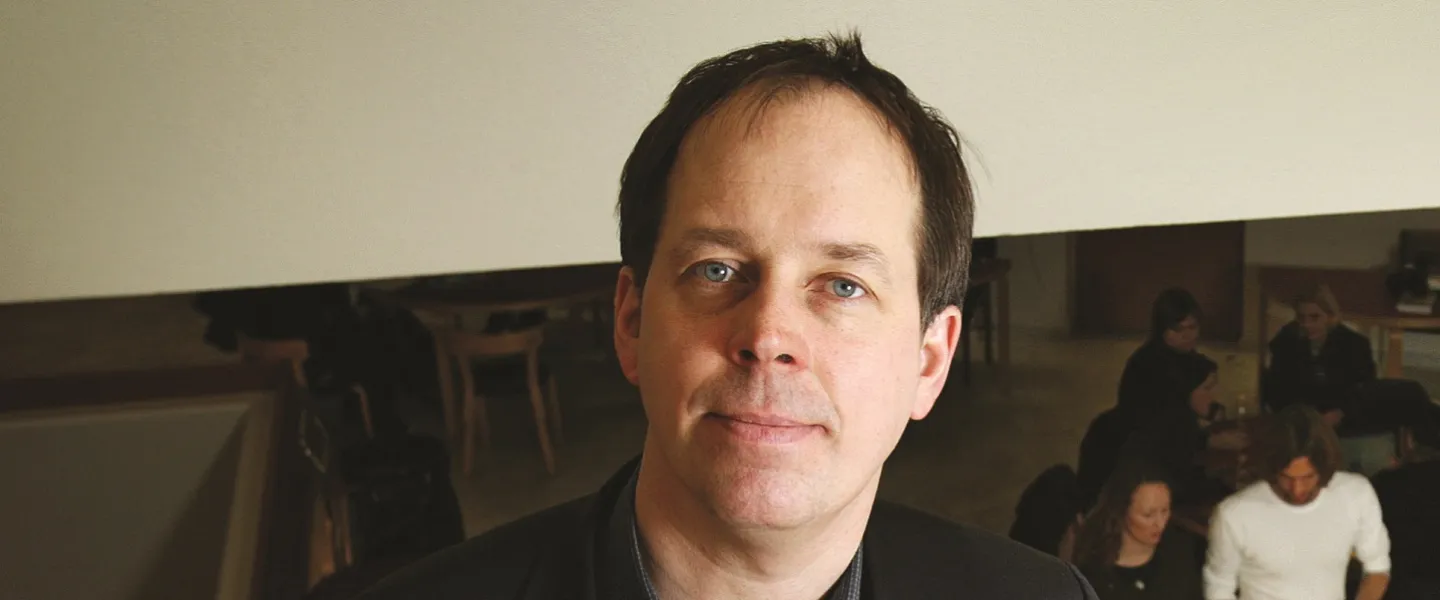
“Financial crises are a fairly regular occurrence in market economies. The crisis that hit Iceland in 2008 is unique because the whole financial system collapsed; the currency market disappeared and a large portion of private companies became technically bankrupt” says Gylfi Zoëga, Professor of Economics. “This experience as a real life experiment in the collapse of financial systems is clearly a worthy subject for research,” he adds. Zoëga is currently working on a study of the collapse.
According to Zoëga it is important in a study of this kind to look for ways to deal with the negative effects of the crisis on society. “The results will hopefully contribute to solutions minimising the damage sustained by Icelandic families over the next decade,” he says.
Zoëga has been renowned in Iceland for his interpretation of the causes of the collapse and in his connected ideas for solving resulting problems. Zoëga says that part of his work now goes to analysing the crisis, its nature and development. “Such analyses may help to explain why unemployment stays high in the aftermath of crises. Unemployment remained high for more than a decade following financial crises in Finland and Sweden in the beginning of the nineties,” says Zoëga. Whether the employment situation will suffer such a long term downturn in Iceland remains to be seen.



